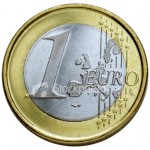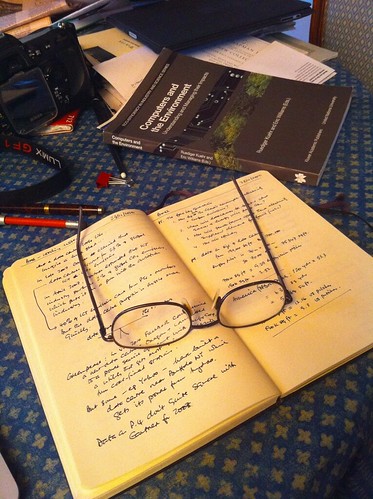
So the Irish government has published its €15 billion ‘austerity programme’ — 10 billion in public spending cuts and 5 billion in extra taxes. Since the Irish economy is a tenth of the size of the UK’s, multiply those numbers by ten to put them into a British perspective. The standard media narrative is that the cuts are the price to be paid for being ‘rescued’ by the EU and the IMF. But you could read it another way: that Ireland is rescuing the Eurozone by stopping the bond markets going for Portugal and, after that, Spain. The strange thing is that this is, almost by definition, a doomed enterprise. There is no rational way of appeasing markets when they are in irrational moods. As Keynes observed, markets can remain irrational for longer than you can remain solvent.
The more sinister possibility, of course, is that there is a semi-rational element in the nervous instability of the bond markets. Could it be that the reason they believe the bailouts won’t work is because the currency markets have decided that there’s a sporting chance of bringing down the Euro, and that significant players have begun to bet on that, in much the same way that George Soros started betting against sterling in 1987?






